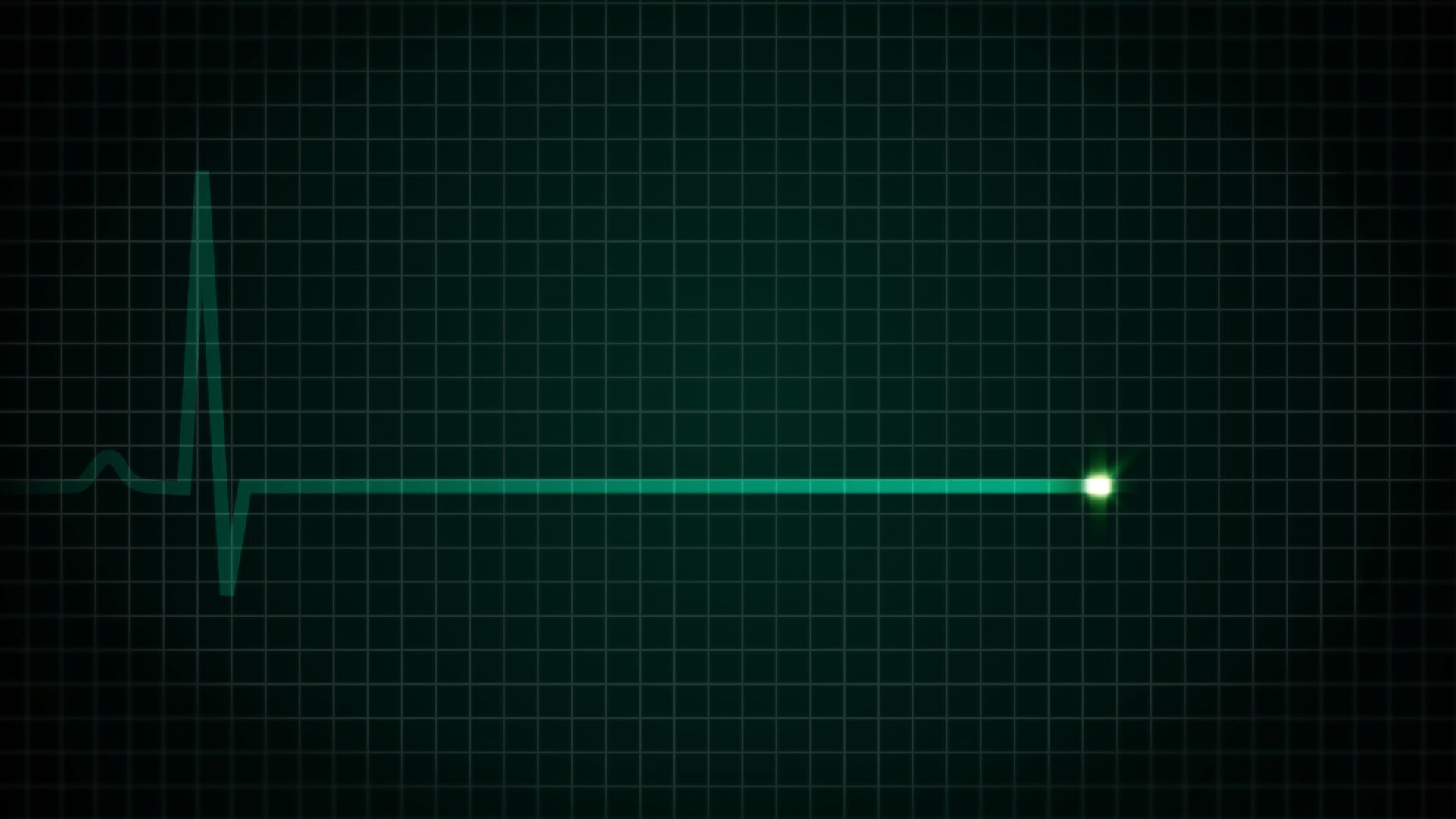Hyperventilation
Hyperventilation Pronunciation: hī-ˌpər-ˌven-tə-ˈlā-shən
Definition: Hyperventilation is a condition in which you start to breathe very fast. This rapid breathing causes a decrease in the amount of carbon dioxide (CO2) in your blood, which can lead to symptoms like lightheadedness, tingling in the lips, hands or feet, headache, fainting, or loss of consciousness.
Frequently Asked Questions About Hyperventilation
What causes hyperventilation?
Hyperventilation can be caused by several factors, including stress, anxiety, panic, fear, or a medical condition. It can also occur in response to a high altitude, head injury, or severe bleeding. In some cases, it can be a symptom of a serious medical condition that requires immediate treatment, such as a lung disease, heart condition, or drug overdose.
What should I do if someone is hyperventilating?
If someone is hyperventilating, encourage them to try to control their breathing. Breathing into a paper bag or applying a mask that recirculates exhaled air may help. If the hyperventilation is caused by anxiety or panic, it may also be helpful to remove the person from the stressful environment, if possible. However, if the hyperventilation continues, seek immediate medical attention.
How can hyperventilation be prevented?
Hyperventilation due to stress or anxiety might be prevented or mitigated by techniques such as mindfulness, meditation, or stress management strategies. If hyperventilation is due to a medical condition, treating the underlying condition should help reduce episodes. Always consult a healthcare provider for appropriate treatment strategies.
More Articles





